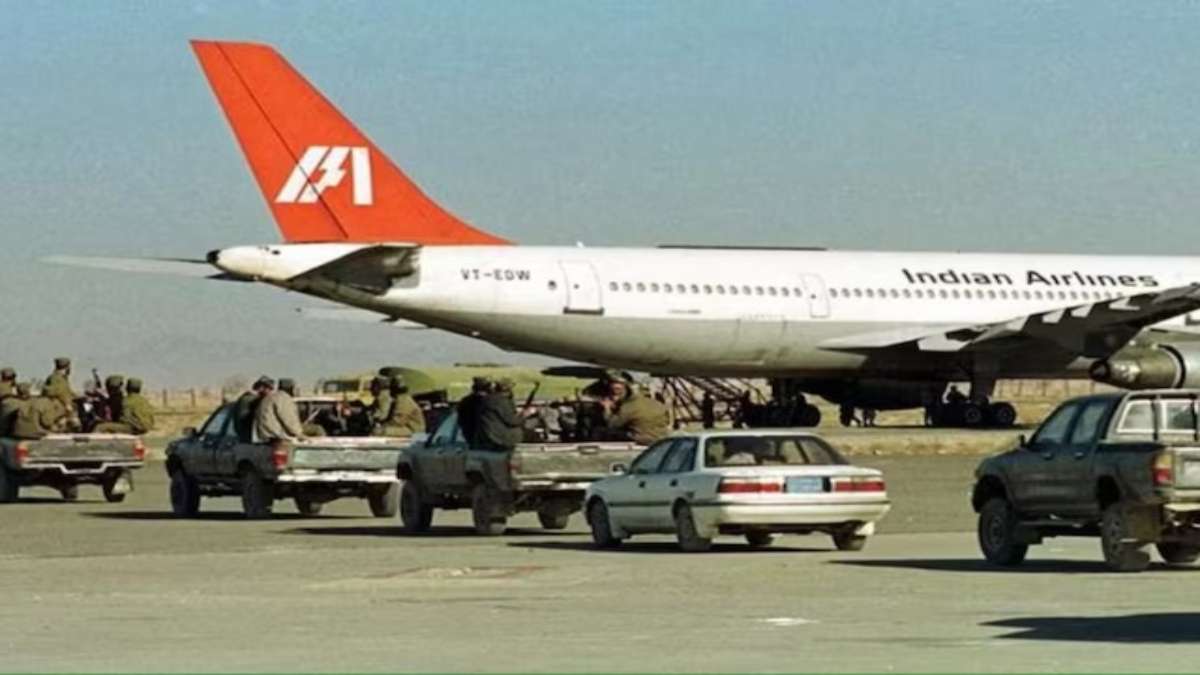
The 1999 hijacking of Indian Airlines flight IC 814 is back in the spotlight with the release of a new Netflix series, IC 814 – The Kandahar Hijack. The series, a dramatized version of the high-stakes incident, has triggered a wave of controversy over its depiction of the hijackers and the events that unfolded.
The hijacking, which occurred on December 24, 1999, saw the flight en route from Kathmandu to New Delhi, seized by Pakistani hijackers shortly after entering Indian airspace. The aircraft was diverted to several locations, including Amritsar, Lahore, Dubai, and ultimately Kandahar, Afghanistan (then under Taliban rule), before the Indian government conceded to the hijackers’ demands and released three terrorists in exchange for the hostages.
However, the Netflix series has come under scrutiny for its portrayal of the hijackers, particularly the use of ‘Hindu’ code names, which some critics argue are misleading. Additionally, concerns have been raised over the depiction of the negotiation process led by current National Security Advisor Ajit Doval, and the alleged omission of the role played by Pakistani intelligence agencies in the hijack. In response, the government has summoned Netflix India’s content head to address these issues.
Now, amid the ongoing controversy, here’s a closer look at the three terrorists released by the Indian government in exchange for the hostages aboard IC 814.
Who were the three terrorists released by the Indian government?
The three terrorists released in the aftermath of the hijack—Ahmed Omar Saeed Sheikh, Masood Azhar, and Mushtaq Ahmed Zargar—have had a lasting impact on global terrorism.
While, Masood Azhar went on to establish Jaish-e-Mohammed, a group responsible for numerous attacks on India, including the 2019 Pulwama attack. His brother, Rauf Asghar, continues to engage in violent activities in Jammu and Kashmir.
Further, Ahmed Omar Saeed Sheikh, initially sentenced to death for the murder of journalist Daniel Pearl, had his conviction overturned in 2020 by Pakistan’s Sindh High Court. He remains imprisoned in Lahore while his acquittal is under appeal. Significantly, according to the information available, Mushtaq Ahmed Zargar remains involved in militant activities in the region.